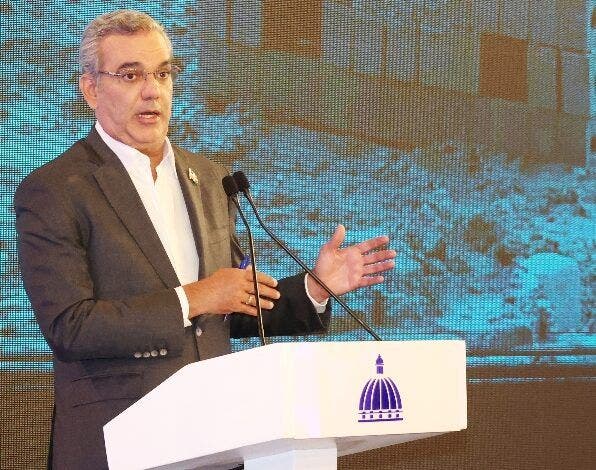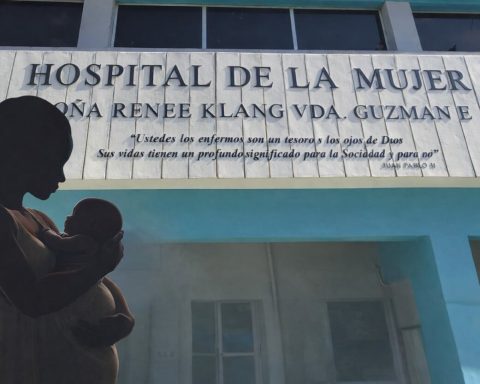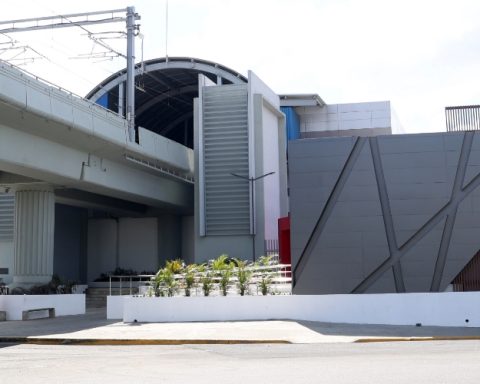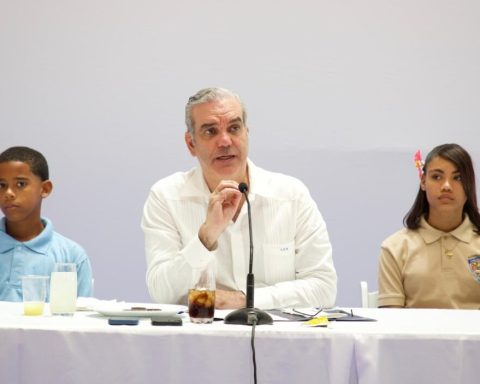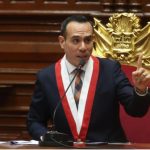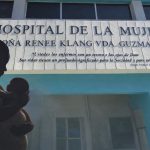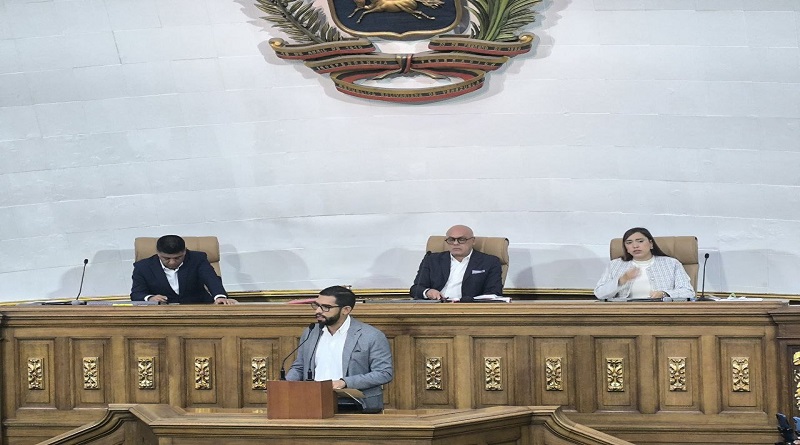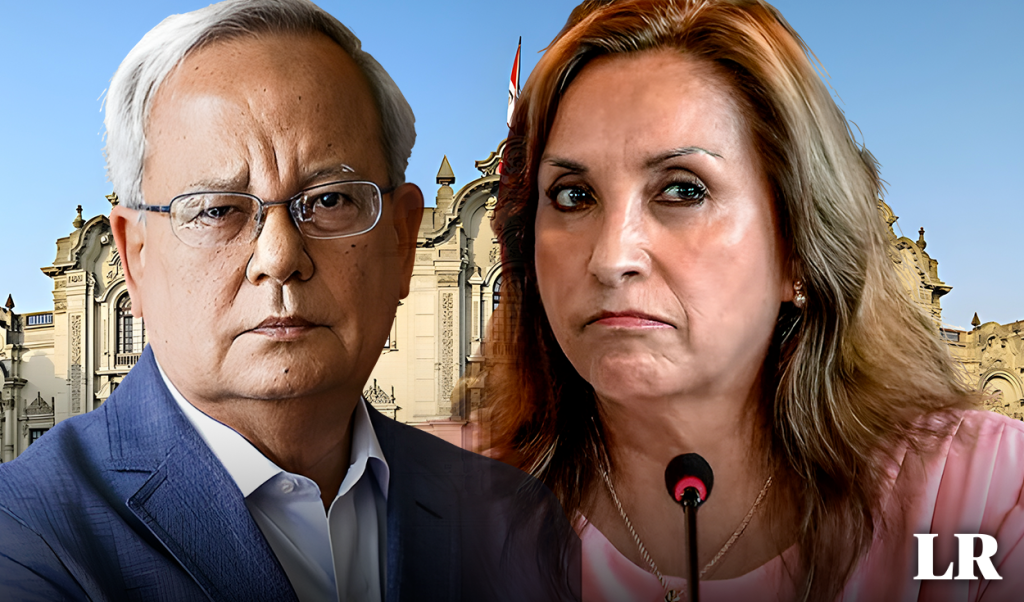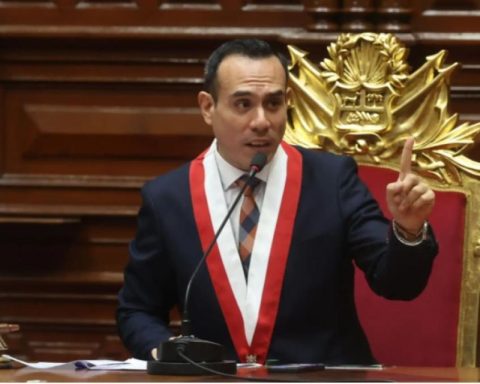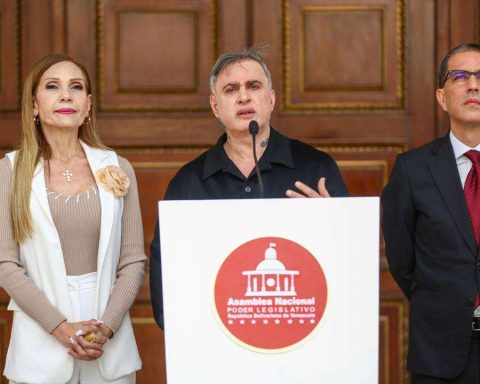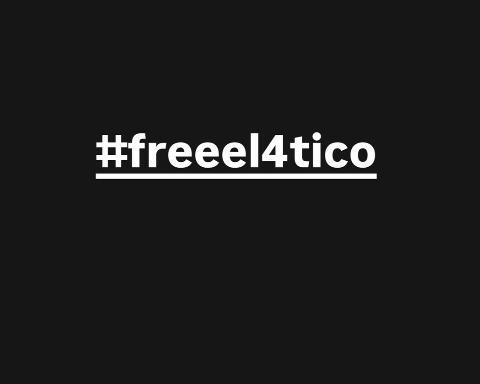President Luis Abinader admitted this Monday that some of the proposals on tax reform “must be reviewed”, after questions and complaints from some sectors about the Government’s proposals for tax transformation, whose goal is to collect more than 122 billion of pesos per year.
The president expressed his consideration during the development of La Semanal con la Prensa, in the National Palace, where he also said that throughout this week they will review “in an accelerated manner” some of the proposals with all sectors “to seek consensus.”
The proposals
Last week, in the same scenario, when presenting the fiscal modernization proposal, Jochi Vicente explained that the government is providing the fiscal responsibility law, which puts a cap on the annual growth of public spending in order to obtain a reduction in the debt ratio.
He recalled that the merger of three ministries and four institutions and the elimination of eight institutions was also proposed, to achieve greater efficiency and create savings that can be resized to other sectors for the benefit of the population.
Thirdly, measures will be provided to contain public spending.
First axis
The first axis corresponds to social protection through which the scope of social programs will be increased to mitigate any effect on the most vulnerable population. Most of the effects of fiscal modernization on this population are positive.
In this sense, there will be a 21% increase in the allocation of the feed yourself program; a proposal to significantly increase the minimum wage of the non-sectorized private sector; and an attempt will be made to increase the minimum wage in the public sector by 50% to raise it from 10,000 to 15,000 pesos.
Second axis
This covers the public investment program and prioritized expenses, establishing that historically the country’s public investment in infrastructure is one of the lowest in Latin America and the Caribbean and needs to be increased.
This project will significantly increase investment in the basic problems of Dominicans.
Within these, Jochi Vicente cited the annual investment in key sectors such as citizen security with RD$13,043 million; transportation with RD$35,272 million; primary health care with RD$10,870 million; local governments with RD$11,000; recapitalize the Central Bank RD$22,233 million and the electricity sector RD$18,000 million.
Third axis
Here clear and equal rules are established for all and prosecution of evasion, so that companies compete on equal terms, eliminating distortions and privileges that create inequities between taxpayers.
“It is a fairly clear objective, two companies that have the same net profit must pay the same taxes,” said Vicente.
Fourth axis
This proposes tax simplification.
The payment of the advance will be restructured so that from now on individuals and microenterprises will not be subject to payment of the advance.
That of small businesses will be calculated based on 40% of the income for the period. That of medium-sized companies, based on 60%, both with quarterly payments.
While the advance payment from large companies continues according to the current regime.
Income Taxes (ISR) to individuals
A new section is added to the personal income scale for workers with income greater than RD$2.4 million annually (RD$200,000 monthly) and a marginal rate of 27% is established for this new scale.
This only impacts 1% of taxpayers who are in the highest income level.
With the implementation of fiscal modernization, there will no longer be the need to annually suspend, via the Budget Law, inflation adjustments to the Income Tax brackets for employees.
Property Taxes
The Dominican Republic is one of the countries in the region with the highest exempt amount, being US$175,557.9
ITBIS
ITBIS collection as a % of the country’s GDP is lower than the average for the region, due to the large number of products and services that are exempt.
Vicente pointed out that a single rate of 18% is established with certain exceptions.
Exempt
Goods: livestock inputs, fuels, medicines, fertilizers and components, insecticides and other agricultural capital goods.
Basic products: bread, rice, chicken, milk, egg, banana and cassava.
Services: education, health, electricity, drinking water and garbage collection, passenger transportation, financial intermediation and insurance, rental of housing for family use and pension and retirement plans.
Estimated collections
After presenting these figures, the government estimates that the total collection would be RD$122,486.6 million, for an estimated GDP % of 1.5%.
In breakdown, the Income Taxes (ISR) on legal entities would be RD$22,195.1 million for 0.3%. ISR on individuals, RD$5,285.0 for 0.1%.
Property taxes, RD$6,773.3 for 0.1%. Value added taxes, RD$75,230.7 for 0.9% and selective consumption taxes, RD$13,002.5 for 0.2%.
